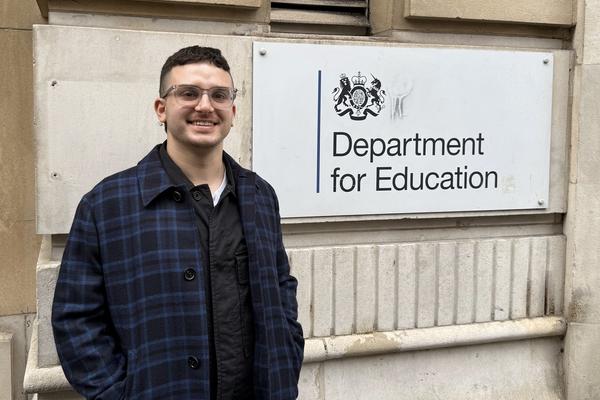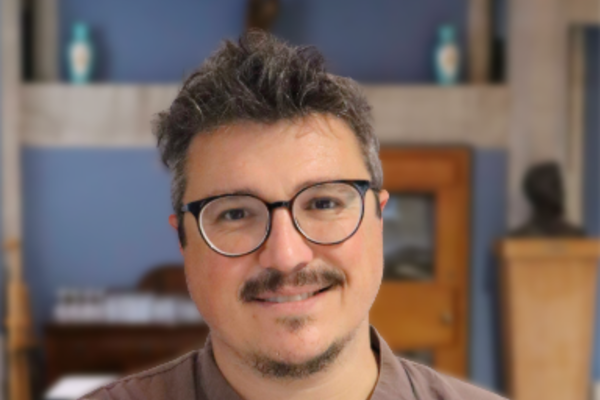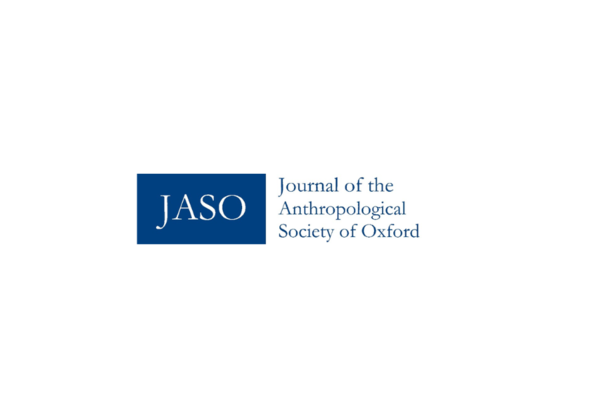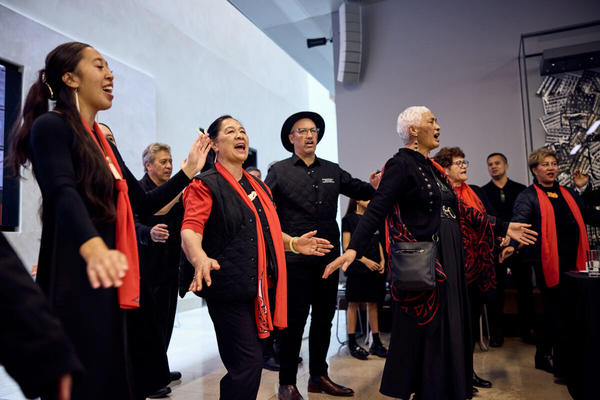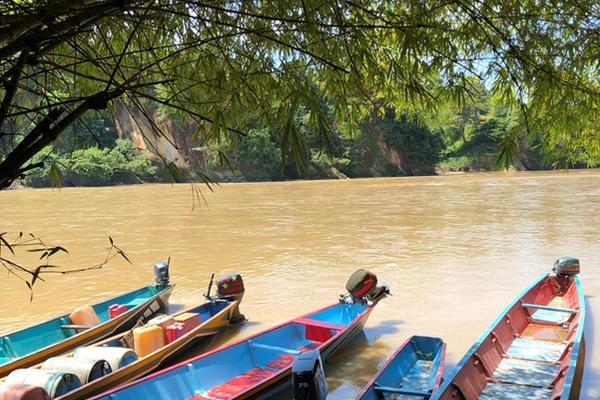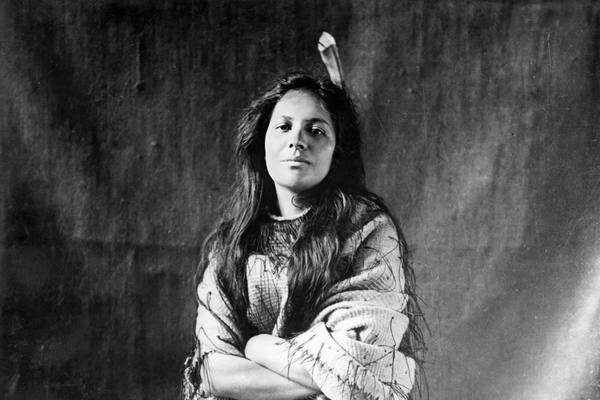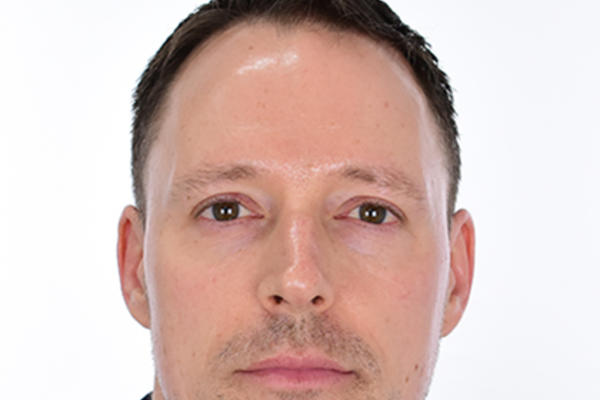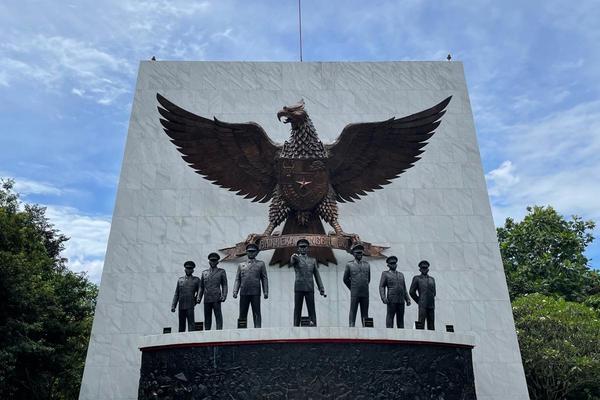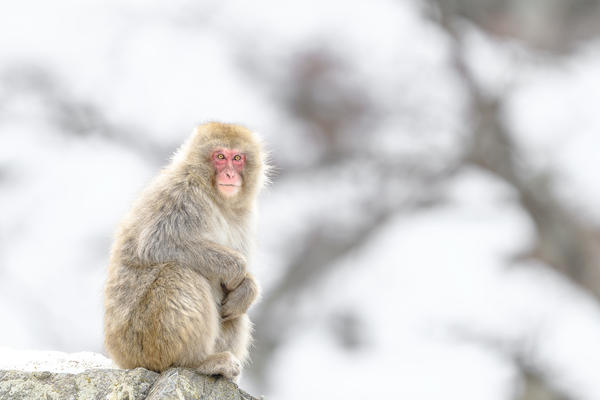Fieldwork Q&A with DPhil student Gabriele Paone
DPhil student Gabriele Paone recently undertook fieldwork in Naples, working with an NGO that assists Roma communities. We spoke to Gabriele to find out more about his experience and how it linked to his anthropological studies.
You did fieldwork in Naples and during that time worked with an NGO that assists Roma communities. Can you tell us a little bit more about what that organisation does?
'During my fieldwork in Naples, I collaborated with the NGO "Arrevutammoce," which is run by the Lasallian Brothers. This organization provides vital assistance to the Roma community living in the outskirt of Naples, particularly within the notorious "Terra dei Fuochi" (Land of Fires) area. Here people live in extreme marginalisation, in makeshift shacks and vans, lacking legal access to basic amenities like running water and electricity, all while enduring a toxic environment polluted by decades of illegal waste dumping by organised crime.
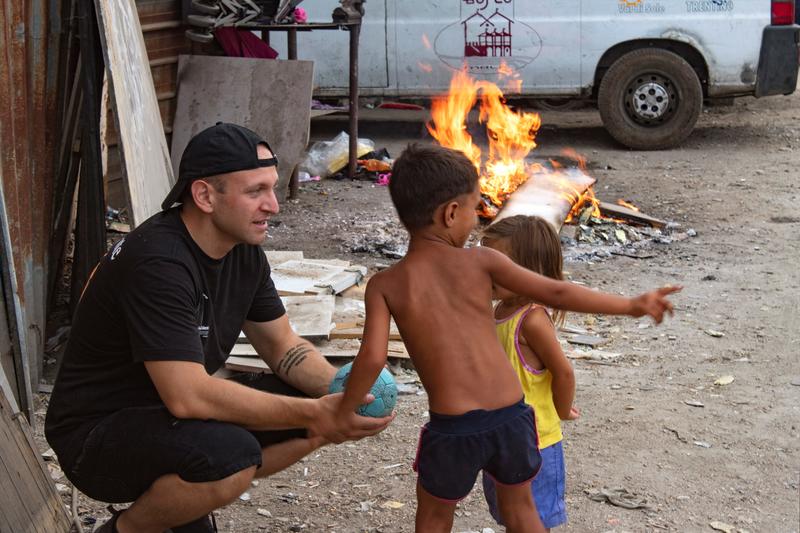
Gabriele in the field. Photo credit Max D'Amato.
Arrevutammoce helps families with basic goods such as essential hygiene products, clothing, and provides bureaucratic support aiding individuals in navigating administrative processes, and logistic support, for example accompanying members of the community to appointments. But its core focus is on the scholarisation of the children, given that many minors in the Roma community did not attend school. This aims to break the cycle of poverty and marginalisation by laying the foundation for their integration into the broader society.'
“[M]y research aims to promote a more nuanced understanding of the cognitive development of children in challenging circumstances. These findings could then be leveraged to tailor educational interventions that work with rather than against the peculiar skills developed by these children, and show that they, as millions of their peers around the world, may be stress-adapted and not impaired."
What did you find during your fieldwork? How did that influence your thinking?
'My DPhil research aims at uncovering hidden talents developed by children who grow up in harsh environments. During fieldwork in Naples, I conducted research in two distinct environments in the Naples metropolitan area, each representing different levels of stress exposure. In Scampia neighbourhood, children contend with high crime rates, drug dealing, and social and economic insecurities, while the Roma camp presents an extreme context of deprivation, including poverty, makeshift living in barracks and vans, unsanitary conditions, and social isolation. Children exposed to such stressors are usually considered at higher risk of impairments compared to their safely nurtured peers, an idea which is, at best, incomplete. Recent research has in fact began to suggest that these children may develop some peculiar skills to better cope with the surrounding environment, but research in this area is still in its infancy given the challenges posed by conducting studies in such contexts.
During my research, I did find that children developed some stress-adapted skills. These are normally overlooked in conventional intelligence tests or may not be tapped into in regular school programs, leading to an incomplete evaluation of their cognitive abilities. By shedding light on these hidden talents and stress-adapted coping mechanisms, my research aims to promote a more nuanced understanding of the cognitive development of children in challenging circumstances. These findings could then be leveraged to tailor educational interventions that work with rather than against the peculiar skills developed by these children, and show that they, as millions of their peers around the world, may be stress-adapted and not impaired.'
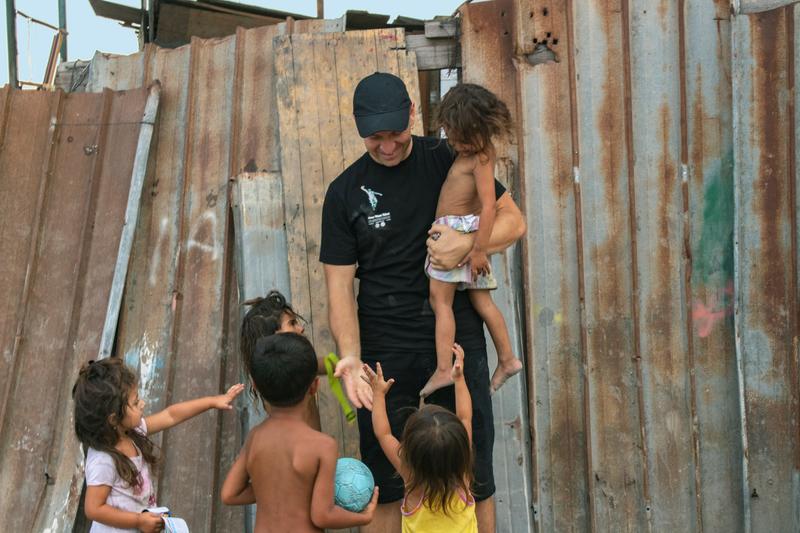
Gabriele and some of the children supported by Arrevutammoce. Photo credit Max D'Amato.
What inspired you to apply for the internship with this NGO?
'I really enjoy doing research, and at the same time I have always aimed at having a tangible impact beyond academia. During my fieldwork in Naples, I had the opportunity to volunteer with Arrevutammoce and witnessed firsthand their dedication to improving the lives of children in marginalised communities. I continued volunteering with them remotely after returning to Oxford, assisting Roma population with bureaucracy, but most of all we worked hard to ensure that as many Roma children as possible were enrolled in school, and we were able to successfully enrol over 100 children.
When after a few months I had the chance to do an internship as part of my DPhil, doing it with Arrevutammoce felt like a natural progression. It presented a chance to continue the work we had started and to further contribute to the well-being and empowerment of marginalised communities.'
As part of the internship you wrote a successful grant proposal. What skills from your anthropological / DPhil studies did you bring to the grant writing application process?
'The anthropological background provided valuable skills for the grant writing application process. Adopting a bottom-up approach, focusing on the needs and perspectives of the individuals involved, allowed [me] to develop a proposal grounded in real-world contexts. Important was also the ability to conduct research, collect and analyse data, and present it in a way relevant for the desired goal. Furthermore, the writing skills developed during my DPhil studies were crucial in crafting persuasive grant proposal.'
For his work with underprivileged children, Gabriele was awarded the 2023 Oxford SU Welfare Award. A few months later, he wrote a proposal that secured a grant of 25,000 Euro to be used for transportation, materials, and food for over 50 Roma children. Without this financial assistance, they would not have been able to attend school.

